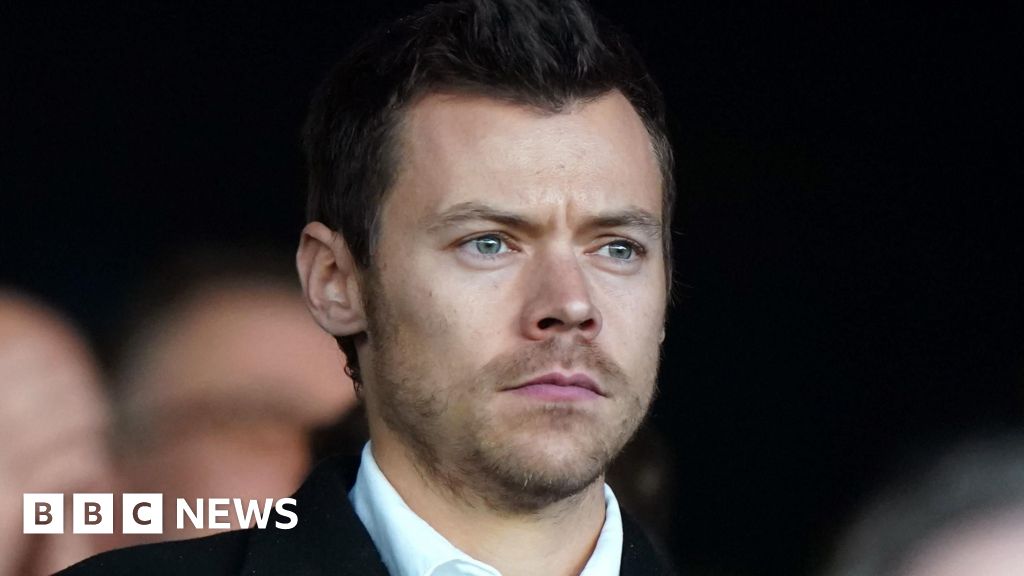To rejoice International Women’s Day and 50 years of feminist group Ealing’s Women’s Liberation, the University of West London’s Gabriela Loureiro sat down with key member of the group Professor Ann Oakley.
Oakley, an educational and creator of Sex, Gender and Society (1972) and The Sociology of Housework (1974) spoke in regards to the historical past of the group, its makes an attempt to construct a feminist group, and what classes feminism can take from the previous, into the long run.
She additionally opened her archives from the time to discover the formation of two teams within the borough within the Nineteen Seventies, and look again on how members went about organising conferences, and basic self-help well being care in the neighborhood.
Much of her assortment of materials will ultimately be saved on the British Library to guarantee it stays publicly accessible.
In one of the highlights of the interview, Oakley talked about how essential human connection was to the battle, and the way constructing private relationships was vital to preventing structural points.
She stated: “I discover it fairly exceptional that a numerous group of ladies comparable to we had been within the Ealing group completed a lot, personally and politically, collectively.
“Without rulebooks or tips or contracts, simply out of a passionately felt want – which wasn’t nearly discovering our personal particular person identities however about working in the direction of the structural liberation of ladies.
“I do bear in mind consciousness-raising teams being very highly effective and really liberating. It was genuinely a revelation to perceive that each one these private struggles you had had been skilled by different ladies too.
“I don’t imagine that ‘digital’ consciousness-raising teams can obtain something like that. In reality, I feel we’re being duped by the digital tradition if we expect that typing issues into a display is any substitute for correct human connection.”
Oakley added that though she is frightened by feminism’s lack of current progress, she thinks that, a lot as she did within the Nineteen Seventies when she was in her 20s and 30s, the present struggle for equality lies within the youthful generations.
She stated: “I’ve to admit to feeling fairly bleak about this in the intervening time. So a lot power appears to be devoted to fairly superficial points of the feminist battle – comparable to what number of ladies get to be MDs of firms or celeb stars.
“Maybe when the story of gender and the present pandemic will get written there will be extra public consciousness of how little issues have modified (within the house, as regards home labour, in phrases of gender and the steadiness of energy, the gender wage hole, gender and poverty and so forth).
“The future has to lie within the fingers of youthful generations.I’m impressed by how my very own grandchildren (aged from 10 to 25) outline themselves in relation to gender and feminism. That provides me hope!”
The interview was held at UWL’s Policy and Practice Research Institute for Screen and Music (PRISM) to coincide with Women’s History Month,
Professor Emily Caston, Head of PRISM, stated: “The obstacles confronted by feminists as we speak don’t belong to the previous and usually are not circumscribed inside one specific context. Instead, they’re ever-present in political mobilisations in a myriad of methods inside totally different feminist teams.
“This interview is meant as an essential contribution to efforts to deal with the issue of shortage of historic paperwork and archives via one lady’s recollections and evaluation, and to create extra public data of Women’s Liberation actions in Ealing.”
You can learn the complete interview right here.





